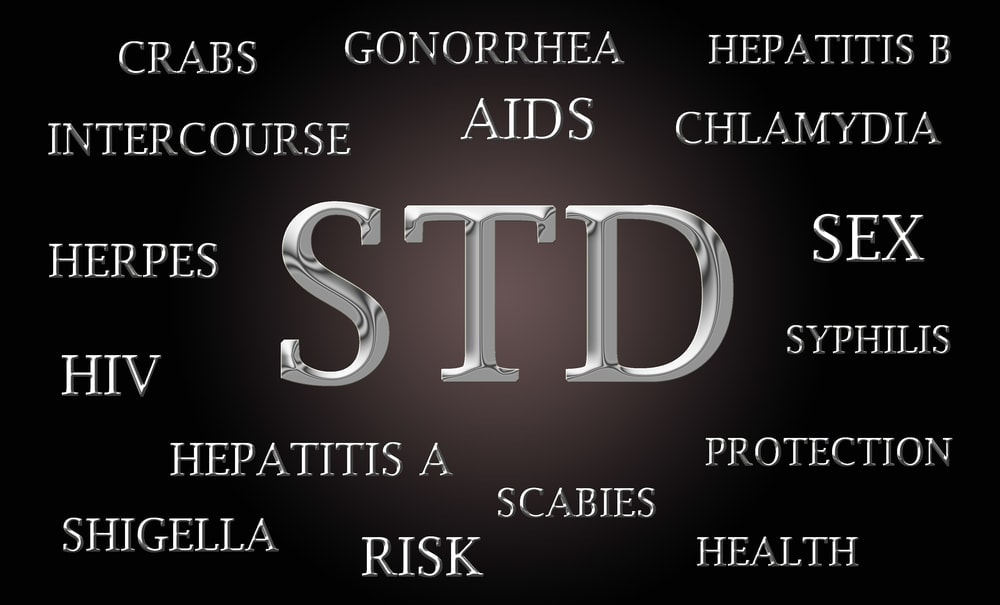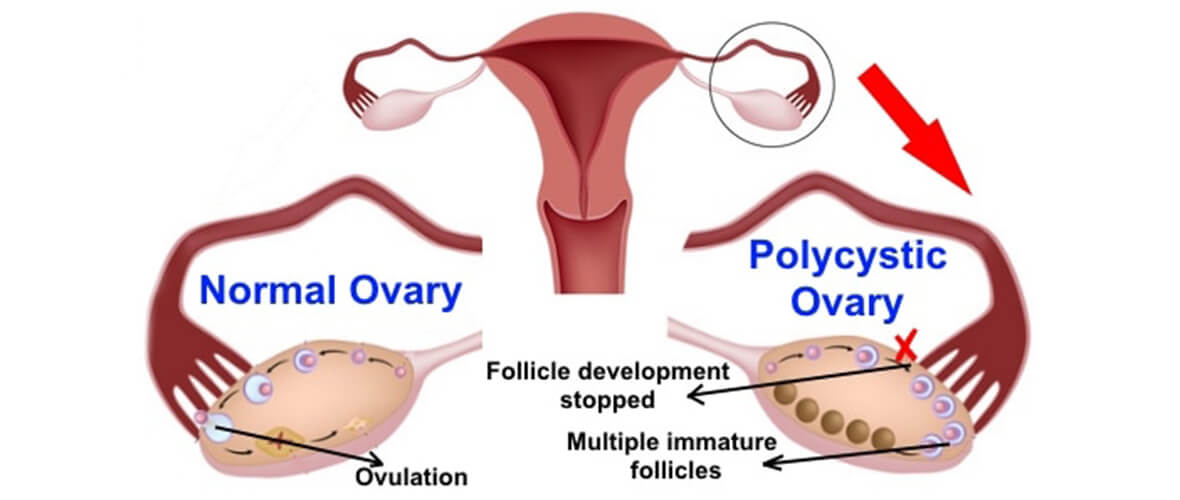Genital herpes, also known as herpes simplex virus (HSV), is a viral infection that affects nearly 1,600,000 new individuals each year. Approximately 45 million Americans are currently infected with genital herpes.
What are the symptoms of Genital Herpes?
In most cases, there are usually no symptoms. Many people have herpes and do not know it. Some people experience painful blisters or sores around the genital area (HSV-2).
Can genital herpes lead to other problems?
There is no cure, which means that once you contract it, it is a life-long infection. Genital herpes makes you more susceptible to HIV. Some people will experience blisters or sores which come back throughout the years. It may be spread to a baby during pregnancy or childbirth leading to serious health problems.
How is it transmitted?
Genital herpes is transmitted by skin-to-skin contact which in most cases is through sexual activity including oral, anal, vaginal intercourse, and outercourse. It may be transmitted even if someone does not have visible sores or blisters. HSV-1, the herpes virus that normally causes sores in the mouth or on the lips, maybe spread from the mouth to the genital area through oral sex.
There are primarily two different ways that genital herpes may be transmitted:
- Sexual activity which includes oral, anal, vaginal intercourse, and outercourse
- Mother to baby during pregnancy or birth
How is it diagnosed?
Genital herpes may be diagnosed by your healthcare provider. It is diagnosed by one of three ways:
- Pelvic exam
- Culture of blisters or sores if present
- Blood test (usually not done)
What are the treatment options?
Currently there is no cure; however, there are medications that may be used to manage the symptoms and decrease the frequency of outbreaks.
Can genital herpes be prevented?
There are only two ways to prevent it. The first is to refrain from sexual contact of any kind. The second is to be in a long-term monogamous relationship, such as marriage, with a person who has not had any other sexual partners. The use of condoms does reduce the risk of transmission of genital herpes, but it does not prevent it. According to a study presented at the 2002 National STD Prevention Conference, there is a 40% risk of reduction by using condoms.
Want to Know More?
Compiled using information from the following sources:
1Wald, A, Langengerg, A., Kexl E, Izu AE, Ashely R, and Corey L, “Condoms protect men and women against Herpes Simplex Virus Type 2, Abstract, 2002 National STD Prevention Conference, San Diego, CA, March 4-7, 2002.
Centers for Disease Control and Prevention, https:// www.cdc.gov
Sexually Transmitted Diseases in Women. Faro, Sebastian, Ch. 9.






